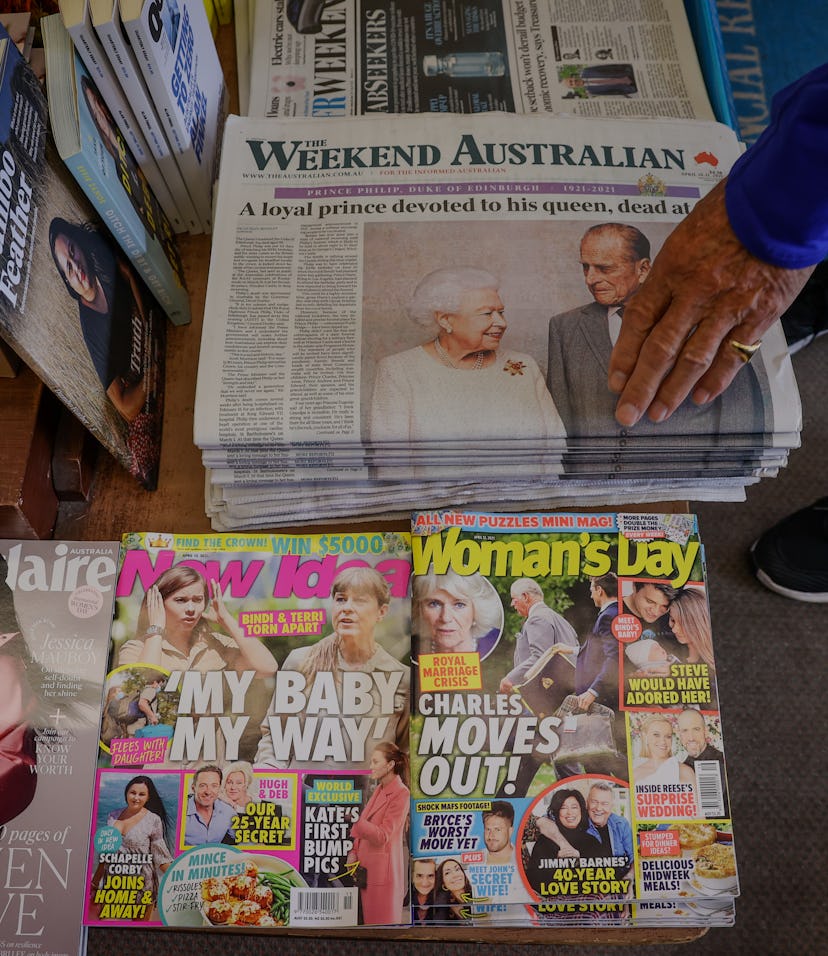Culture
Australia says news sites are liable for what’s in their comments sections
Comments under Australian news are about to get a lot more restrictive.

Australia’s High Court has ruled that news companies in the country can be held liable for public comments left on their social media pages. The ruling runs counter to how much of the world considers internet culpability. It could fundamentally change the way Australia’s media industry operates.
The ruling passed with a vote of 5-2 on September 8. It’s far-reaching in its implications and seeks to hold news organizations responsible for every single comment left on their social media pages, whether or not they’re even aware of them. The ruling focuses on Facebook but is left abstract enough to cover any social media platform or any site with a public-facing comments section.
News companies and media organizations will now take a big risk by opening up their posts to comments. We’d expect many to shut themselves off to comments completely rather than take on that kind of extreme, open-ended legal risk.
No wiggle room — This week’s ruling upholds a previous one from a lower court in New South Wales. It’s actually the remnants of a defamation lawsuit brought to the courts by Dylan Voller, who found himself the subject of many disparaging comments after a photo of him being punished at the Don Dale Detention Centre went somewhat viral in 2016. Voller sued three large media organizations for publishing the articles on social media and opening him up to abuse.
The High Court’s decision leaves little room for interpretation. It is very clear in stating that, yes, by posting Voller’s images to Facebook, these news companies became the “publishers” of the Facebook content, up to and including what is said about the photos by other people. The ruling says that, by posting to social media, news organizations are contributing “intentional participation in the process.” The companies are choosing to post — and, as such, their part in any fallout of that posting must be considered.
And as for the rest of the world… This week’s ruling will no doubt affect the media landscape in Australia. Social media engagement is very important to a modern media company’s engagement, but the risk of legal ramifications will have many choosing to turn comments off rather than open themselves up.
How this ruling will affect the rest of the global media landscape is less certain. In the U.S., for example, Section 230 currently protects companies from comments posted under their stories. But there’s already a complex debate running through many political spheres about whether or not Section 230’s protections are too all-encompassing. Those lawmakers would be remiss not to watch the fallout of Australia’s ruling, taking copious notes all the while.
Australian news organizations are already making vocal their disdain for this ruling. “We are obviously disappointed with the outcome,” a Nine Entertainment spokesperson said. “It will have ramifications for what we can post on social media in the future.”
Given that Australia has, in the recent past, amended legislation at the urging of news organizations and social media companies, there’s definitely still room for more nuance to be added to the High Court’s ruling in the future. In the meantime, expect Australian news organizations to be much less active on Facebook.